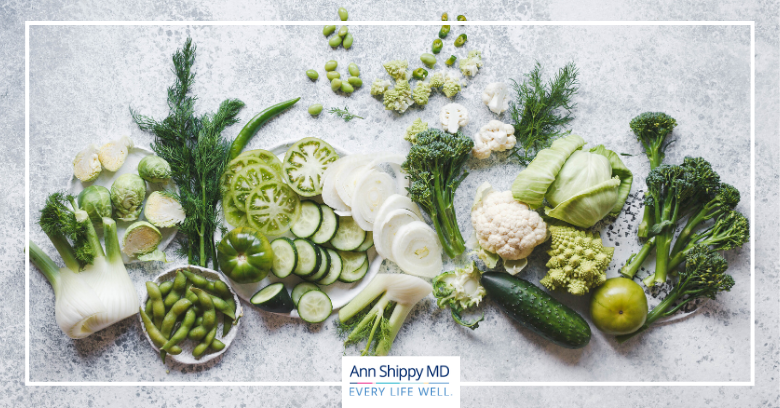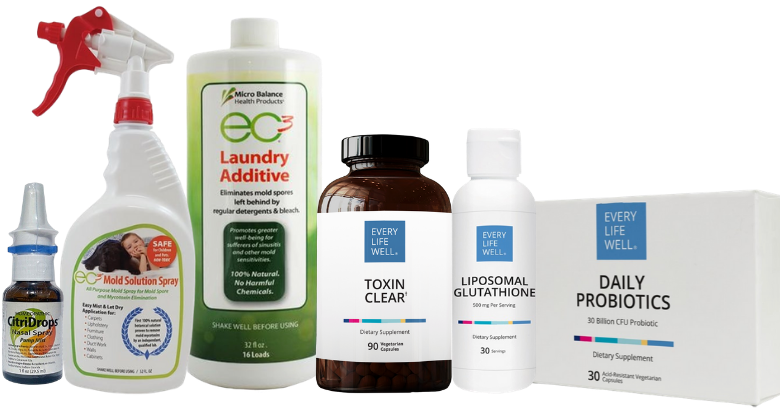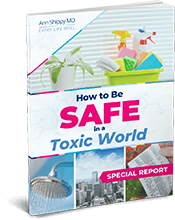Whether it’s your desk, your closet or your car, chances are you have some clutter in your life. Recently, Netflix premiered a show that’s touched on clearing up the clutter. Tidying Up with Mari Kondo has inspired a national clearing spree. Kondo’s method begins in the bedroom where clients sift through a pile of their clothes and can keep only what “sparks joy”.
It’s essential to tidy up from the stuff that can overwhelm our lives. This includes cleaning up our diet. Diet can be cluttered with bad habits, bad foods and bad beliefs that can keep us unhealthy. If our diet goes unchecked our eating habits can lead to poor health. In the spirit of Tidying Up I invite you to consider decluttering your diet.
Kondo’s method of tidying up includes decluttering the kitchen. This is great for organizational purposes but it can be even more life changing if you create a kitchen that sustains a healthy lifestyle. As a functional medicine practitioner I always examine what my patients are eating because the road to health ultimately begins in the kitchen.
Kitchens are the “heart of the home” for so many of us. It’s where the kids do their homework, where we gather to talk about the day, where we multi-task with cooking and folding laundry. Our kitchens are created for engagement and food preparation. It’s here where we begin decluttering our diet. Hippocrates said, “let food be thy medicine,” and in my practice I’ve seen the right foods heal and the wrong foods create imbalance that can lead to disease.
Decluttering your diet essentially means ridding yourself from foods and habits associated with inflammatory disease, mental and hormonal imbalances, oxidative stress and chronic illness. To help my patients create positive and permanent dietary changes I have them eliminate these elements from their kitchens:
Sugar
Cells need a healthy dose of glucose to perform properly. What they don’t need is an excess of sugar, which is what most Americans have in their bodies. (The average American consumes more than 70 grams (http://sugarscience.ucsf.edu/the-growing-concern-of-overconsumption.html#.XEoYjc9KjeQ) of sugar per day!)
The best sugars come from natural foods: vegetables and fruits. There are different ways you can substitute artificial sweeteners and processed sugars. Satisfy that sweet tooth with low-glycemic sugars like coconut molasses. Sweeten deserts with bananas or berries. Use non-dairy, non-sugar dark chocolate instead of milk chocolates.
Sugar is embedded in many foods and you don’t want it to sneak in on you so read labels carefully. Once you eliminate sugar you’ll also find the sweet tooth cravings decline.
Gluten
Even for patients without Celiac Disease or Non-Celiac Gluten Sensitivity, I find when they eliminate gluten from their diet they tend to feel better. Gluten is a protein found in grains that has been linked with various symptoms like IBS, depression, migraines and chronic fatigue. It can be hard to determine how gluten affects you until you eliminate it completely. You may notice a surge in energy, you may be more focused, have regular bowel movements and be in better moods.
Eliminating gluten has become easier because there are gluten-free options for many foods—including bread. Paleo recipes offer gluten-alternative ingredients like tapioca flour, coconut aminos, arrowroot powder, almond flour, coconut flour and many other options that allow you to eat gluten-free.
Dairy
The reason I advise dairy elimination is because, like gluten, dairy contains a protein you may be allergic to without ever knowing it. Casein is a protein found in dairy that is associated with inflammatory response. Lactase is the lactose digestive enzyme found in milk that is known to cause digestive problems. Dairy is also associated with weight gain because it promotes higher insulin levels.
If you’re worried about your calcium intake, consume alternative sources rich in calcium like vegetables and seeds. Broccoli, kale, bok choy and leafy greens offer high calcium value along with seeds and nut groups like almonds, peanuts and Brazil nuts.
Processed Foods
Pasta sauces, canned soups, salad dressings, cereals, frozen meals, fast foods—these are common processed foods that people consume daily in the typical Western diet. Processed foods are high in saturated fats, sodium, sugar, starchy carbs and low in nutrients.
Processed foods also come in containers that are loaded with endocrine-disrupting chemicals like take out wrappers, Styrofoam containers and single-use plastics. Chronic exposure to these toxins can harm hormonal balance, lead to neurotoxicity, infertility and brain development problems in young people.
Plastic
Changing your food storage habits can make you healthier. All those old plastic containers in your covert are full of toxins. Several studies like this one (https://www.ncbi.nlm.nih.gov/pmc/articles/PMC3222987/) continue showing that plastic products tend to leach endocrine-disrupting chemicals onto food— even those labeled as “BPA free”.
Instead consider using lead-free glass, stainless steel or silicone for food storage. Reusable nylon mesh bags are great for fruits and vegetables. Beeswax container covers help preserve leftovers. All these options also reduce plastic waste on the environment and reduce our daily toxic exposure.
Eliminating these elements from your kitchen and diet will revolutionize your beliefs around your body and food. Think of how your body processes foods. What you have in your kitchen impacts your gut microbiome, your hormones, your mood, your energy, your body’s ability to process toxins. By decluttering your diet you’re essentially choosing eating habits that will “spark joy” in your body and mind.













